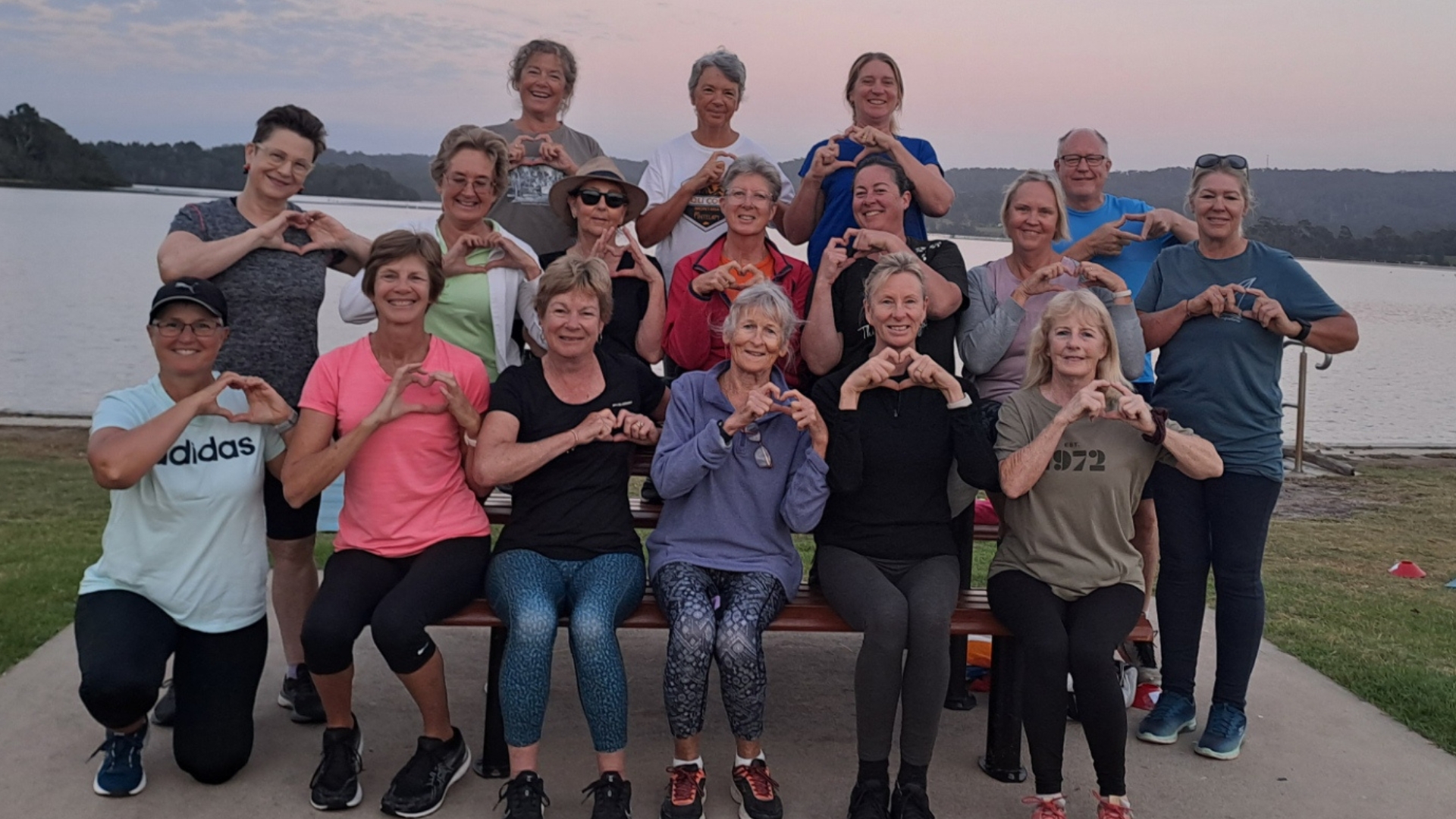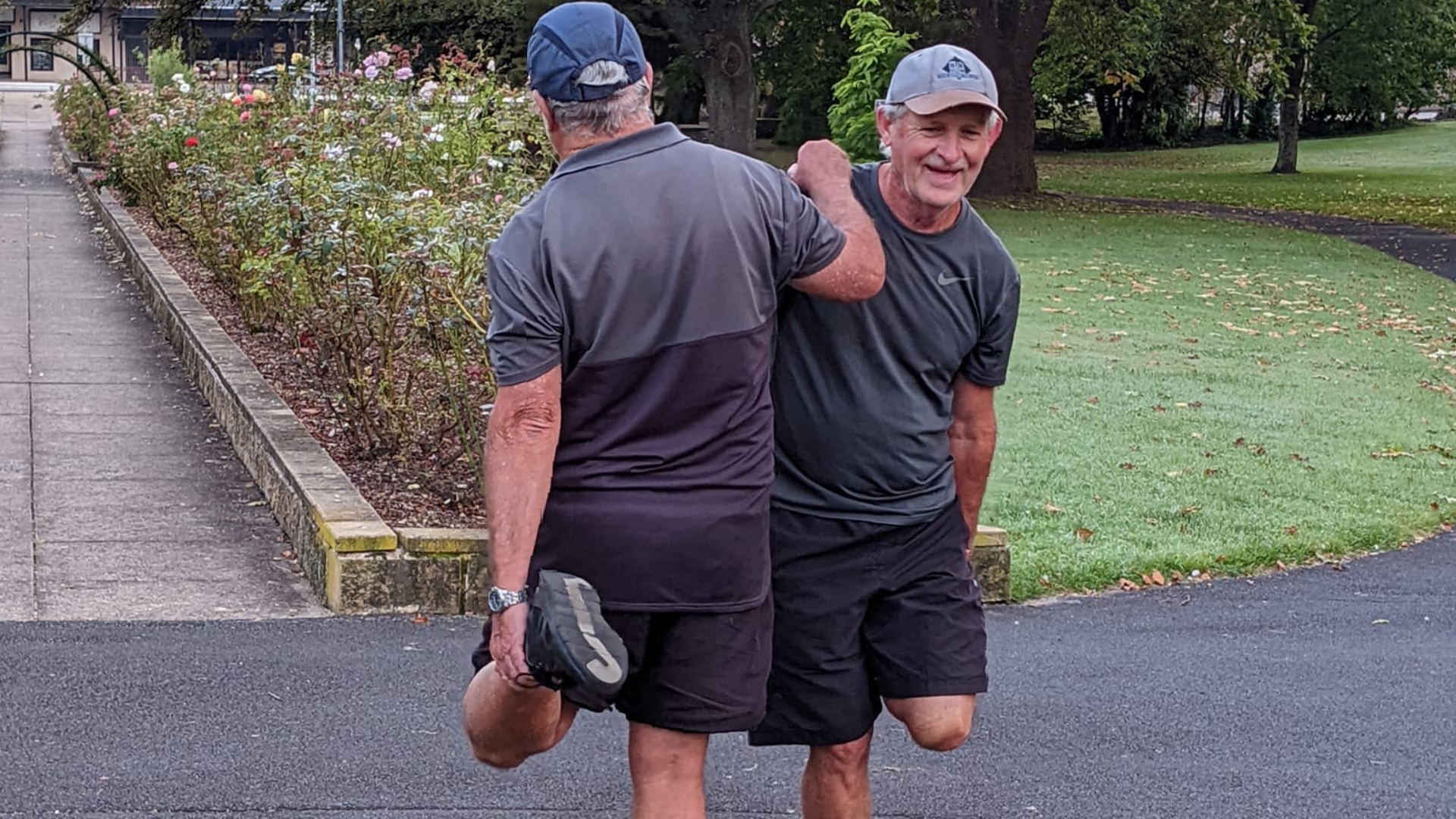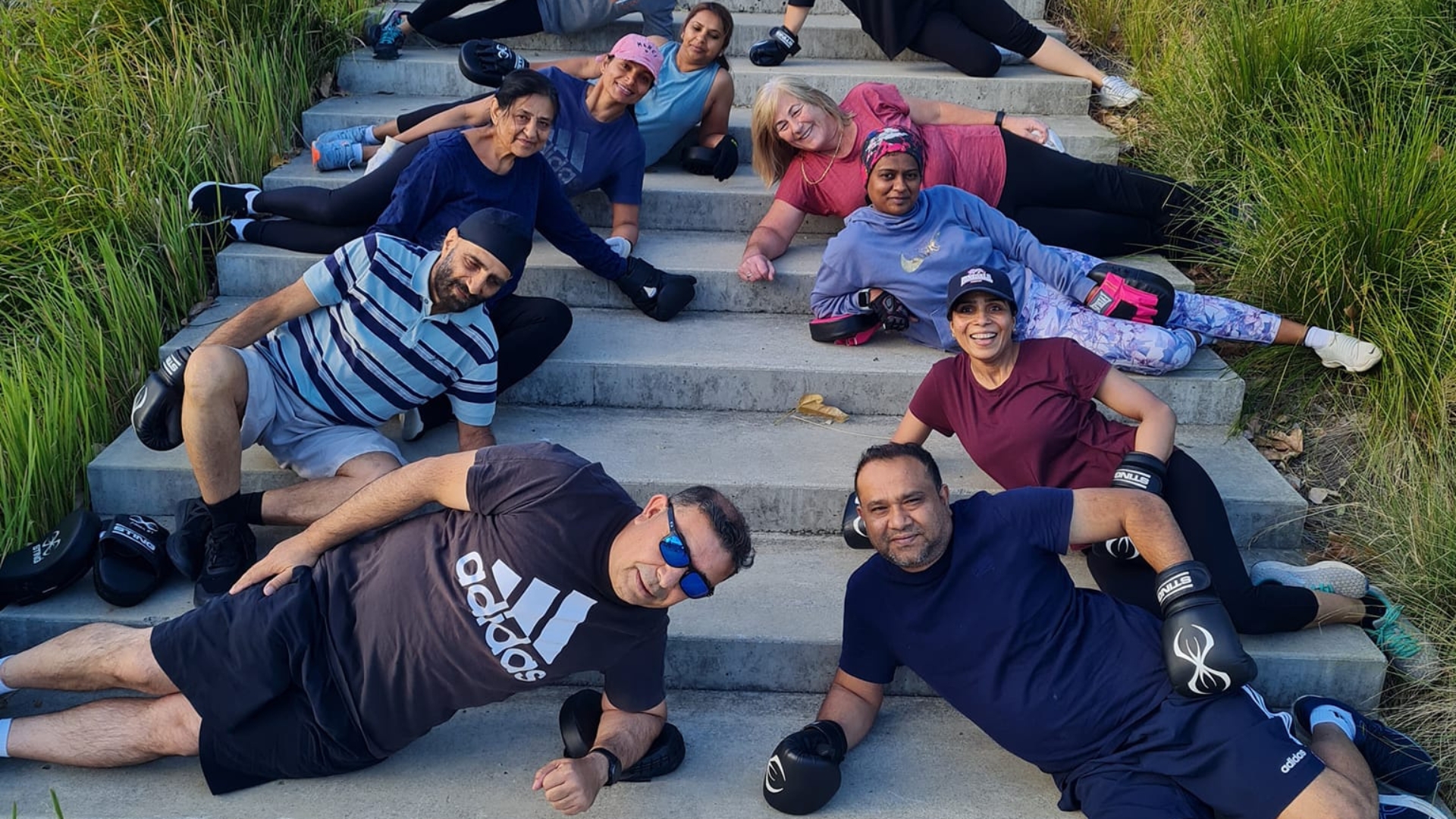Research and Innovation
Chronic disease affects nearly half of all Australians (AIHW) Working in communities right across Australia, collecting near real-time data, we see the reality. High levels of obesity, diabetic levels doubling year on year. And pre-diabetics exceeding 70% of registering participants. Mental health issues are complex and interrelated with disease and social issues. Social and service dynamics are fostering loneliness and isolation and we have an ageing population with low health literacy. These are escalating conditions, but many are preventable through early intervention and behavioural change. We seek to not only understand but also to address.
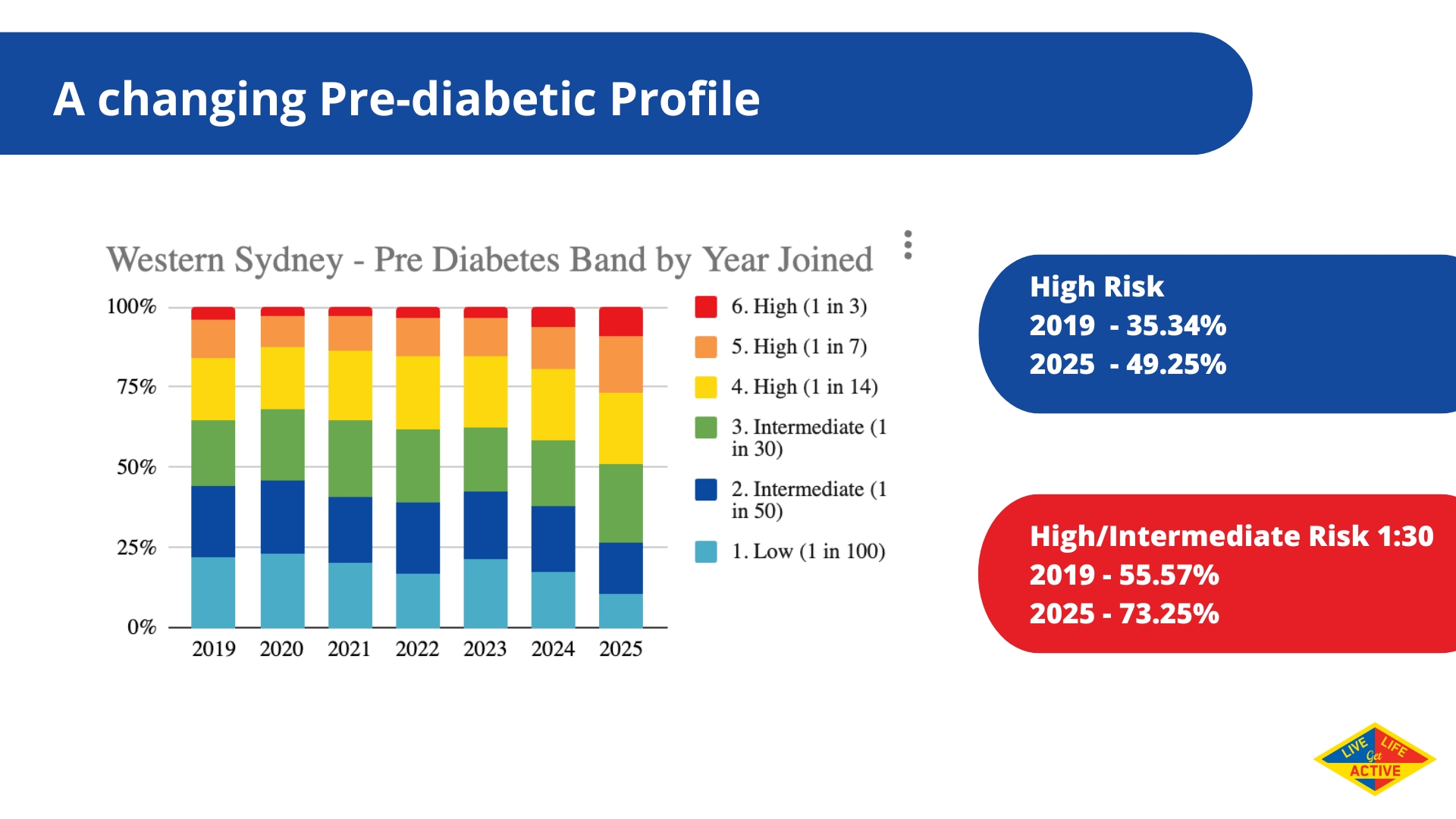
The relationship we have with the people who undertake our programs is one of understanding and earnt trust. It starts when we enter a community and invite residents to register. The data we collect creates their baseline health and wellbeing profile against which all ongoing activity and content consumption is recorded. Baseline markers are updated every 10 weeks which allows us to monitor shifts in chronic risk over time and review program efficacy and logic.
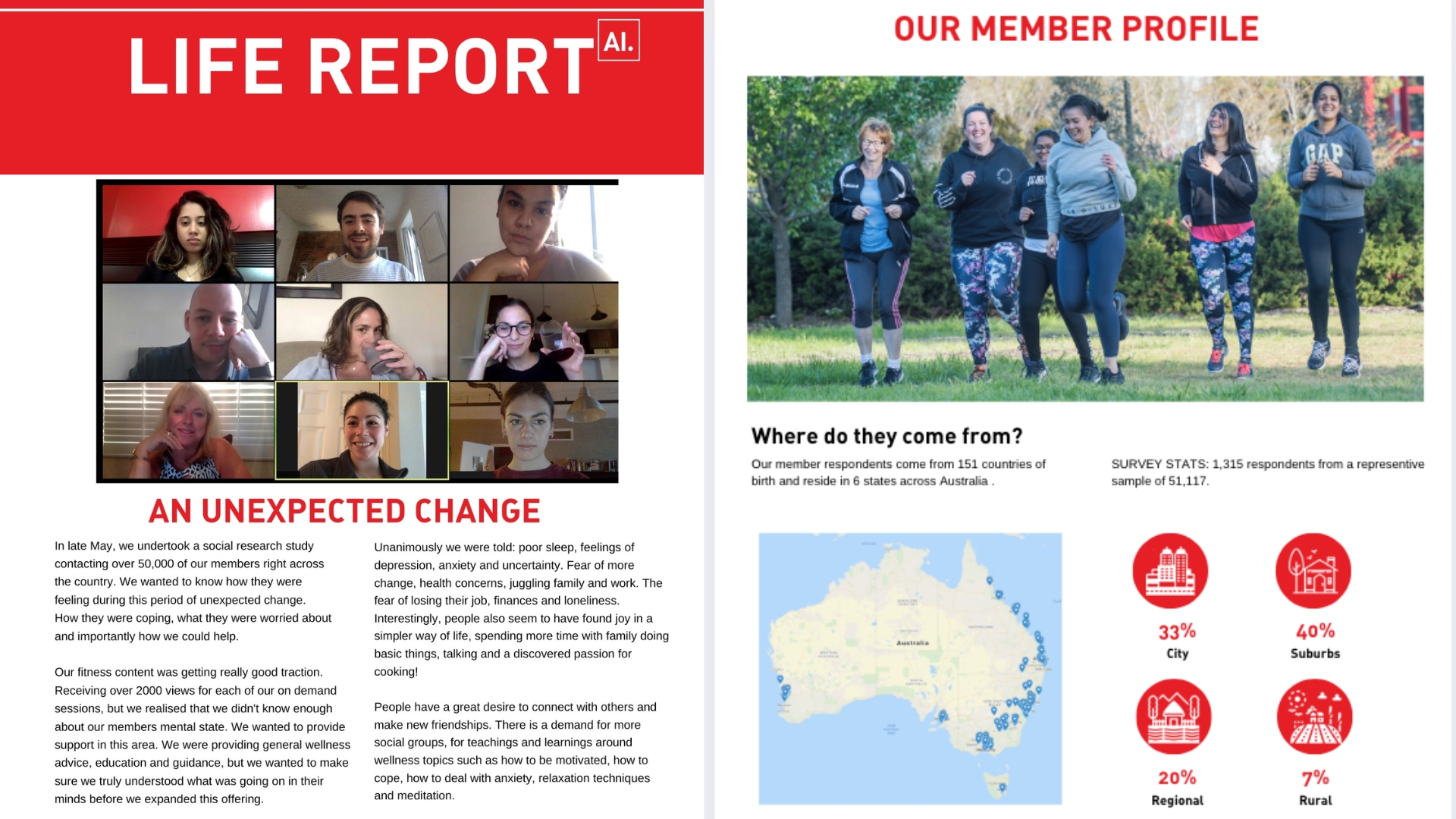
Every 2 years we undertake a social research study with our members. Our primary concern is about health outcomes – physical, mental wellbeing and chronic disease risk, but human behaviour and attitude is an integral input to acceptance, dropout rates and psychosocial improvement. Understanding social dynamics is a key element to success in our ever changing and highly diverse society. This study looks at attitudes, fears, beliefs and future outlook.
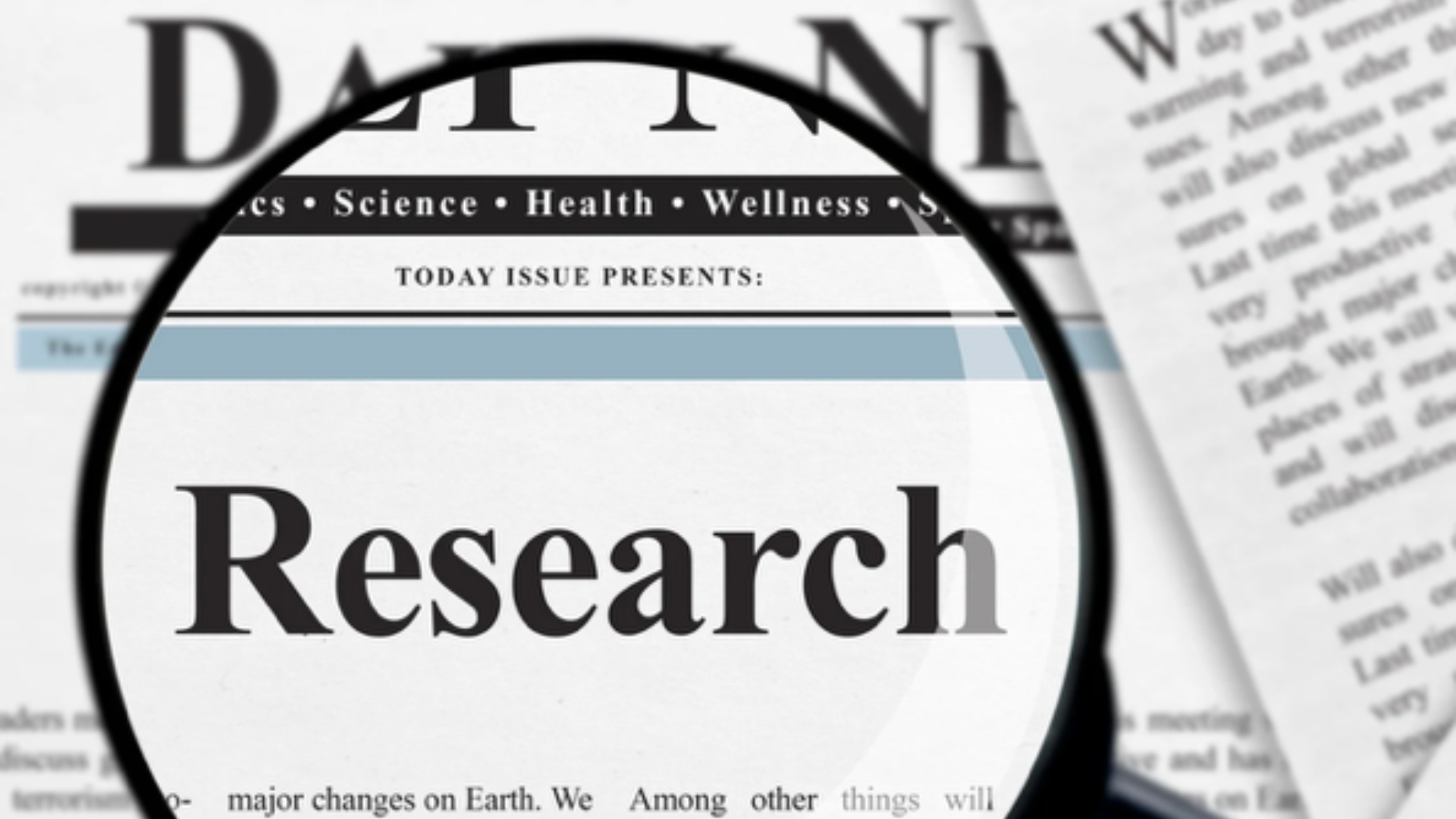
We have worked with several research entities and enjoy the collaboration. We always strive to deliver insight to improve current process and protocol. Recent studies include the role of social prescribing, the barriers of engaging in physical exercise amongst lower socio demographic communities and the relevancy and impact of an integrated program. Our next study will look at interventions to improve the QoL for older citizens in different geo-demographics.

